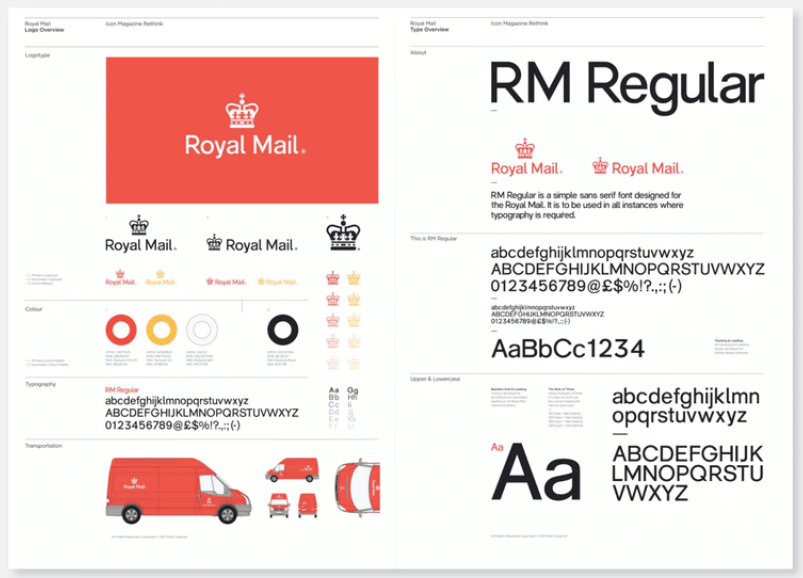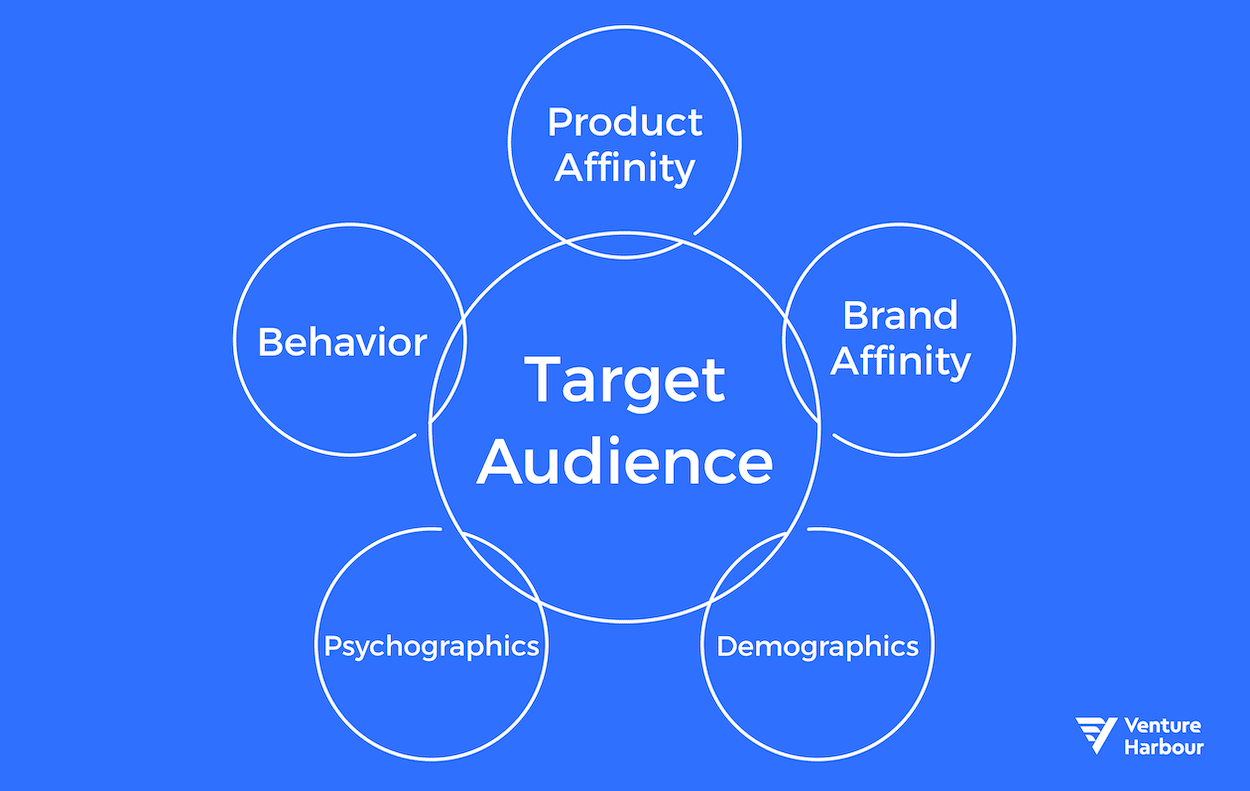Looking for the right web developers to accelerate your growth? Schedule a free marketing evaluation with our team to meet the right agencies fast. It’s fast, free, and we get it right.
Business owners and hiring managers often struggle to know what to look for in an ideal candidate for a web development position. If you do not have experience with web development, that only adds to the difficulty of hiring for these crucial roles. So how do you identify what the ideal candidate looks like?
Luckily, we at Credo engage with web developers very often as digital marketing matchmakers. Our founder, John, has a deep network of industry-leading developers and development agencies. Beyond that, he is a trained developer and has used those skills to help build several successful businesses—Credo included.
From those previous engagements and discussions, John’s learned the key to hiring web developers: Brand owners should try to view their brand from a developer’s perspective. This helps you better understand what kind of developer and what scope of work you need. This also helps assure you get the most out of your programmers.
With that in mind, here are the top five things that web developers wish brands knew before they hire for these key positions:
Table of Contents
1. Understand Your Brand’s Aesthetic
For web developers to do their job properly, they need to understand your brand’s aesthetic. This includes your brand’s colors, fonts, voice, and overall style. Generally, this process is referred to as a branding guideline, which assures consistent branding at each touchpoint.
For instance, check out the branding guideline for the UK’s Royal Mail:

You will notice their website and social channels adhere quite strictly to these guidelines.
A developer needs a roadmap like this to translate your brand’s aesthetic onto your website. Then, they can create an accurate representation of your brand. Your designer(s) will work very closely with front-end developers to bring your site to life. Not sure about the difference between a front- and back-end developer? More on this down below.
As we’ve written about before and think probably deserves repeating, there’s no better way to implement new marketing strategies than hiring a dedicated web developer to work alongside your marketing team.
If you do not have a clear understanding of your brand’s aesthetic, it will be difficult for you to communicate that to a developer. As a result, your website may not accurately reflect your brand identity or value proposition.
2. Know Your Target Audience
Web developers need to understand their target audience so that they can design and develop a website that appeals to them. You need to know who you’re talking to and build a website for that audience.

A developer needs to take into consideration things like age, gender, location, interests, and other factors when designing a website. That way, your website is relevant and engaging for your target audience.
If you are not clear about who your target audience is, a developer won’t be able to create an effective website specifically for them. You should know your target audience like the back of your hand. Then, convey this to every member of your team. This one is a necessity for all facets of your business!
3. Define Your Development Goals
Before hiring a web developer, you need to have clear, quantifiable goals for your website. Do you want it to generate leads? Increase sales? Drive traffic to your brick-and-mortar locations? You should have attainable outcomes in mind.
For instance, you’ll need clear KPIs and OKRs, which you will develop alongside your… developers.
Without defining your goals upfront, it will be difficult to measure the success of your website–and determine whether or not it was worth the investment.
[Related: Pros & Cons: In-House Web Developers Versus Hiring A Digital Agency]
4. Understand the Difference Between Front-End and Back-End Developers
There are two types of web developers: front-end developers and back-end developers. While their job titles are similar, their day-to-day activities vary—sometimes widely.
Simply put: Front-end developers are responsible for the design and functionality of the website. Back-end developers focus on server-side components such as database architecture, security, and scalability.
While the real-world distinction between these types of programmers is more nuanced, this description covers the general differences. . The software training institute CareerFoundry offers deeper insights into the main distinctions here:
It is important to understand the difference between these two types of developers so that you can hire the right person for the job–and avoid any confusion down the road.
In general, back-end developers tend to expect a higher salary than front-end developers. Front-end developers work closely with web designers on the aesthetics of your site and the back-end crew focuses on keeping it running smoothly.
5. Have Realistic Expectations
There’s simply no excuse for sub-par performance. But do you know how to set benchmarks for a developer? Keep your standards high but also make sure that you aren’t expecting any rabbit-from-the-hat kind of performance.
Make sure to ask exactly what tasks the developer can handle. For instance, if you know you’re going to need to set up a slew of new custom API integrations, make sure your developer is comfortable with and can handle that.
Then, everyone is on the same page and appropriate expectations are set.
Web development is an ongoing process—not a one-time project. Of course, it can be a one-time project but there’s a shelf life to modern-day websites. For a website to be successful, it needs to evolve and adapt over time.
This means that even after your website is launched, you should expect (and budget) ongoing maintenance and updates. If you do not have realistic expectations about web development, you will likely be disappointed with the results—and end up spending more money than you anticipated.
Wrapping Up
Hopefully, this article has given you some insights into what goes on in a web developer’s mind–as well as what they wish brands knew before hiring them.
Familiarizing yourself with these issues helps ensure that everyone is on the same page—which makes for a smoother, more successful partnership overall.
And if nothing else, our team can set you up with just the right kind of questions to ask during interviews! You can also fill out the form below to connect with top developers in the Credo Network—fast and for free.
Oops! We could not locate your form.

